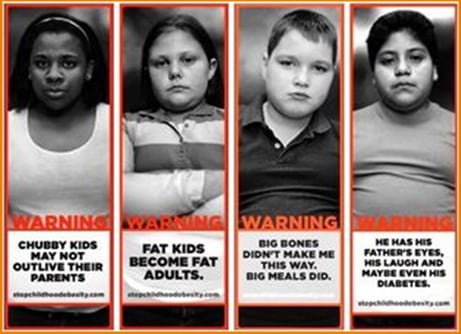For my masters program I have chosen to research ways of advocating for physical education. The research has given me so many great ideas to help improve my program and the ways in which I advocate for it. If you get a chance to check it out, it would be very helpful. Let me know if anything does not flow or make sense.
My Advocating for Physical Education Paper
Wednesday, November 30, 2011
Tuesday, November 15, 2011
The Obesity Epidemic
I found this site that is a great resource for childhood obesity. It has some awesome articles and advise for parents, teachers, and children. The site is http://childhoodobesitynews.com/
Within the site I saw an interesting billboard. They ask the question whether it is shaming or a wake-up call.

My personal view is its reality. If we don't like to see it or look at it, then we should help get our children in better shape rather than enable unhealthy choices like poor eating habits, limited exercise (cutting physical education time and programs), and increase screen time (tv, computers, etc.). I'm curious how this add or billboard makes others feel?
Within the site I saw an interesting billboard. They ask the question whether it is shaming or a wake-up call.

My personal view is its reality. If we don't like to see it or look at it, then we should help get our children in better shape rather than enable unhealthy choices like poor eating habits, limited exercise (cutting physical education time and programs), and increase screen time (tv, computers, etc.). I'm curious how this add or billboard makes others feel?
Thursday, November 3, 2011
Leadership in Action
The video is a great example of how a movement can take place. Whether you are a leader (lone nut), first follower, second follower, or just a part of the movement, each person plays an important role.
Wednesday, November 2, 2011
Perception?
In the past few weeks I have given a survey to some of my students, colleagues, and parents. In the survey, I asked a variety questions about physical education. One thing that I wanted to find out was the perceptions that others have about physical education. Generally, a person's perception is linked to their own personal experience. For example, if a parent had a quality physical education program and teacher during their school days they generally will have a positive perception of physical education as an adult. Contrary to that, if they were intimidated or belittled in physical education class their perception would probably reflect those negative feelings. The interesting data from my surveys indicate that 35% of my parents and colleagues said their physical education class could have been better or was the worst. Meanwhile, in my student survey I did not have one student check that they did not like physical education. I wonder what the results would look like at the middle and high school levels? If they do change, why/how is that happening? My hope is that they continue to enjoy the programs at the middle and high school level so that their perceptions remain positive as they reach adulthood and become our future parents.
Subscribe to:
Posts (Atom)